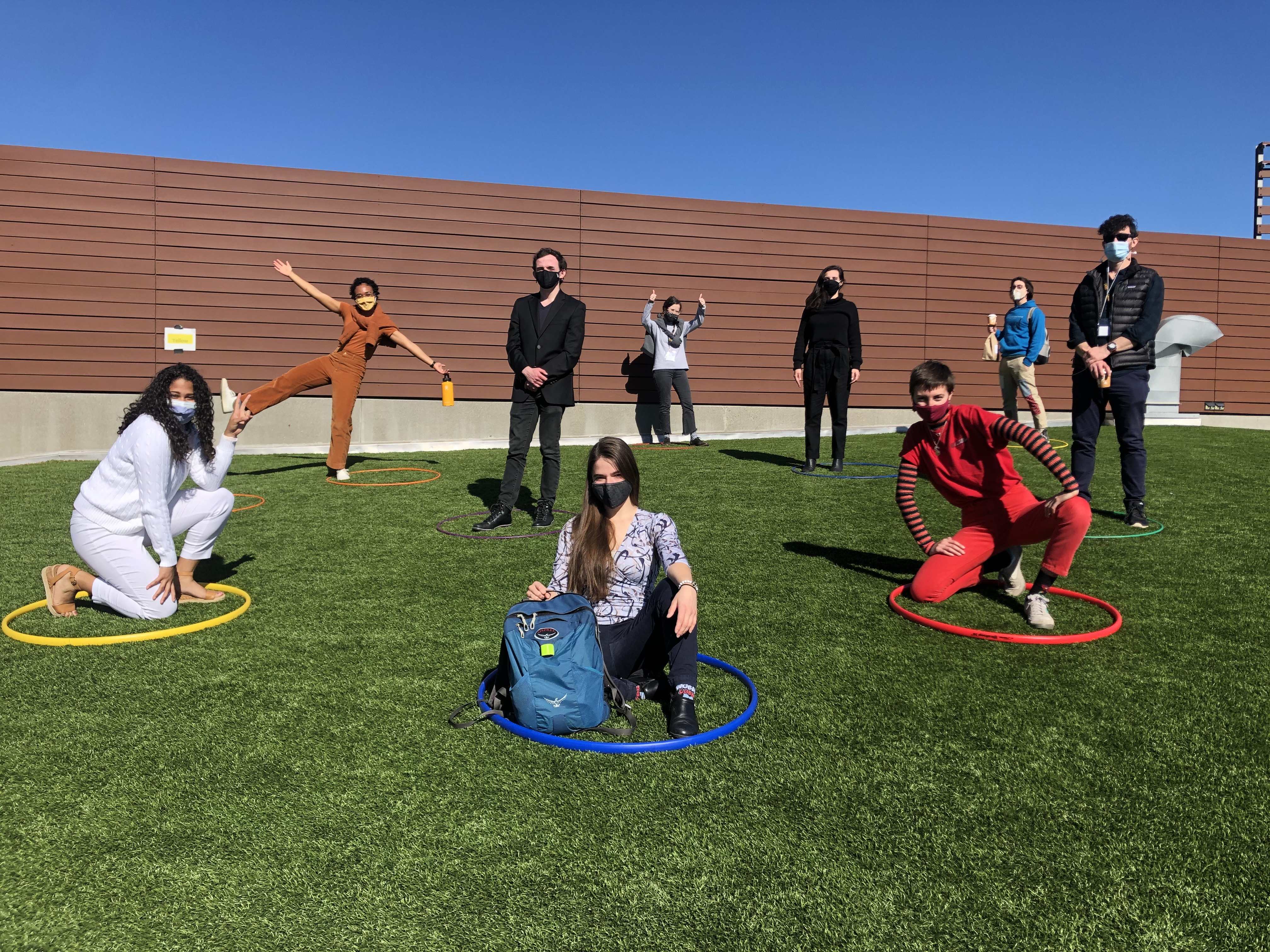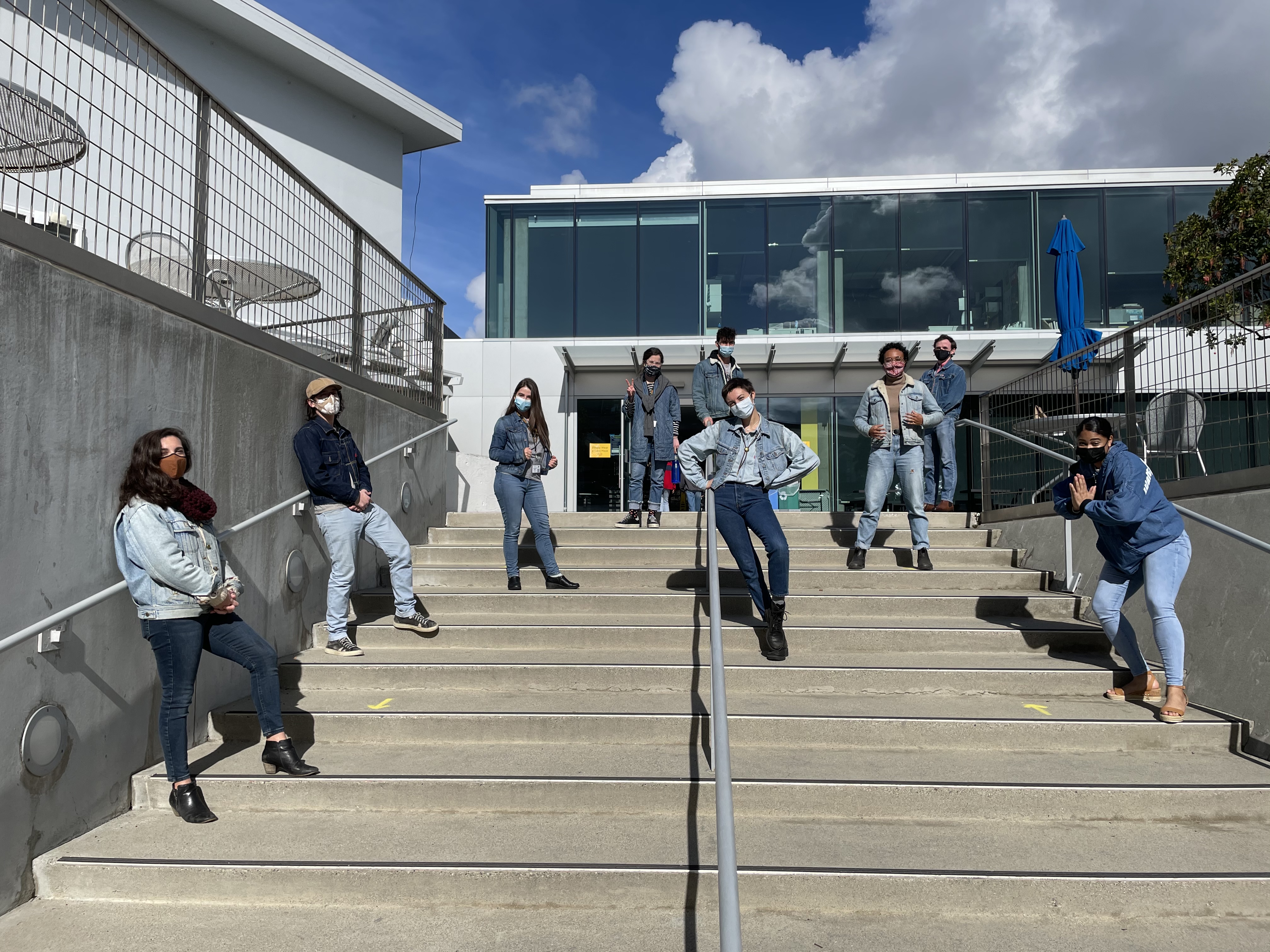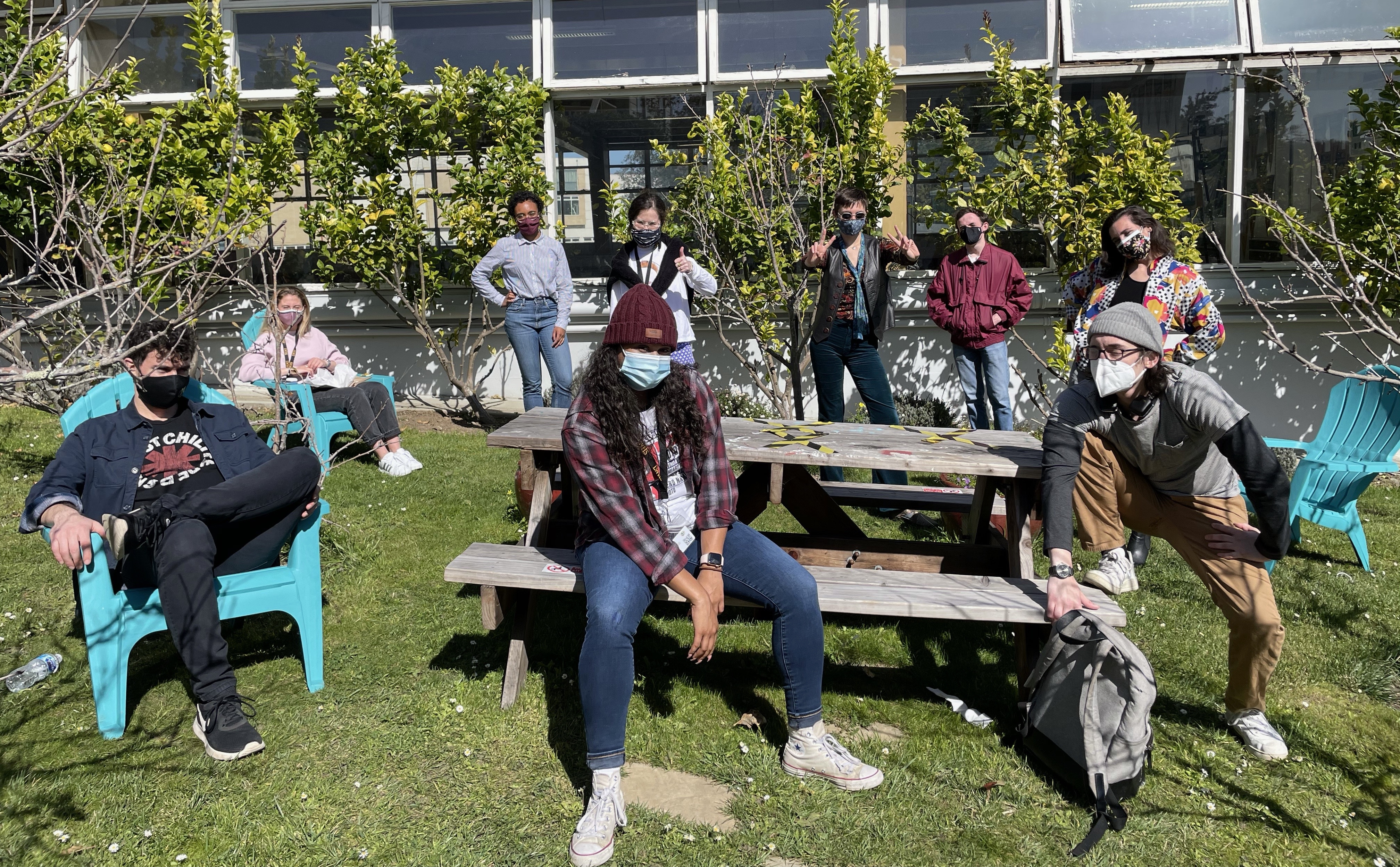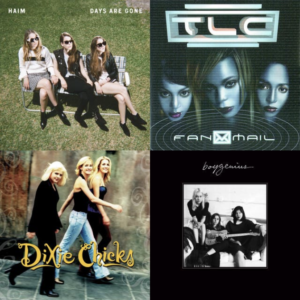When nine twenty-somethings arrived on Lick-Wilmerding’s campus last fall, they didn’t really know what they had signed up for. They were the new teaching assistants, but, like with most things in the pandemic, what their jobs would actually look like remained up in the air.
Now, as LWHS ramps up in-person classes to 50%, the TAs, mostly recent college graduates, are playing a critical role for the 15 teachers who are unable to return to the physical classroom with their students.
“I so appreciate the accommodation to be at home,” said science teacher Claudia Andrade, “and I also very much appreciate the TAs for being in the classroom when I can’t.”
Grace Leslie-Waksman, who teaches history and is working remotely until her daughter can return to school in-person, agreed. “I don’t know how we would juggle everything otherwise, so I’m grateful for the help in the classroom,” she said.
The TAs work solely with the group of students on-campus, and because of the rotating cohort system they’re paired with a different class — and often a different teacher — every week.
That means that, even several months into the job, their roles are constantly evolving. Each teacher has unique needs and expectations for their classes, and the TAs have to adapt quickly. The key, several teachers and TAs said, is communication.
“I mean, it’s before class, throughout the entire class and then after class,” Andrade said. “It’s constant communication and checking in and asking for feedback and seeing what’s working and what needs modifying.”
Eva Krukowski ’15, a TA who has worked in science, history and English classes, said she’s always in touch with the teacher during class, either on the Zoom chat or by text.
Leslie-Waksman said she meets with her TA several days before her students are on campus to go over her plans for the week. The meetings have been especially helpful, she said, because the TAs, who spend more time in classrooms than anyone else, know what works and what doesn’t and can offer suggestions on managing the technology underpinning the entire hybrid system.
Still, the nature of the TAs’ job means their collaboration is short-lived. “It’s not a stable relationship,” Leslie-Waksman said.
Others are taking a different approach. History teacher René Villicaña, who has taught in-person and with a TA, said he doesn’t need to work too closely with the TAs because he conducts his classes primarily by Zoom regardless of if he’s in the classroom or not. But when he was at home, he said, “I appreciated knowing that someone was in the classroom in case an emergency happened.”

Photo courtesy of Adrianna Delgadillo
For most of the TAs, working at LWHS was an unexpected addition to their post-college plans. Sarah Chess ’15 learned the school was hiring from a post on Instagram and decided to apply on a whim. Krukowski and Owen Driscoll each heard from their respective fathers, science teacher Anton Krukowski and Interim Director of Development Brian Driscoll.
But while it came about rather randomly, Chess, a LWHS graduate who has worked in science, history, journalism and English classes, said the experience has been overwhelmingly positive. “I had such a great time in high school, so I was excited to come back in this role,” she said. “It’s been pretty seamless.”
Many teachers said the TAs have been a welcome addition to their classroom communities. “I wish I had Sarah in my classroom all the time, even if I were there” in person, said English teacher Suzanne Shimek, referring to Chess. “She’s so good with managing the class, and her rapport with the students is incredible.”
In the classroom, Krukowski said she aims to be a “shadow teacher” of sorts, managing Zoom and keeping students focused on the teacher projected on the wall in front of them. Chess said her goal is to be “first and foremost a COVID safety proctor, making sure everyone’s adhering to the safety protocols.” And, of course, to help the teacher feel as integrated into the classroom as possible.
Owen Driscoll, who was a TA in college, and Leslie-Waksman, who had TAs when she was a college professor, both said this experience has been dramatically different from that of a traditional teaching assistant.
“My past experience,” Driscoll said, “was a lot more backend grading and quiz design.”
By contrast, said Leslie-Waksman, “This is more about facilitation and helping me figure out what’s going on in the room.”
Sometimes the TAs will participate in class, too. “I’m practically taking the course at the same time the students are,” Krukowski said. “I try and do the class reading or do the homework so that I can chime in.” Those who are assisting in subjects they studied in college — or even in the classes they once took at LWHS — often jump into discussions with their own insights and ideas.
For students, the setup seems to be working as well as it can. Having a teacher stay remote has been “a lot more smooth than I expected,” said Santi Cobarrubias ’24. “It isn’t that weird.”
Sophia Casey ’21 said it’s been “totally fine” to have a TA in the classroom when her teachers aren’t there.
And Cate Kreutzen ’22 said Shimek “still feels very much like a presence” in her English class, even though she’s not there in-person. “Going from Zoom school to this, it’s a lot better,” Kreutzen said.
Still, having the teacher be remote in a class like biology — which is often more interactive — can make learning complicated. “You’re doing labs and you’re writing lab reports,” Cobarrubias said, “it can still be done online, but I think it’s a bit strange to have the teacher on the screen and everyone in person.”
“I definitely think there are some drawbacks to the quality of learning,” he added.
The teachers, of course, wish they were able to be at school with their students. Andrade said she feels guilty for staying at home. And Leslie-Waksman, who is new to LWHS this year, has never even set foot on campus.
In the interim, the TAs are making the most of their time here. Several said they’re considering careers in teaching, and the experience of working in a classroom — and working so intimately with teachers — is helping them decide if they want to go down that path.
“It’s been great as a post grad just getting a taste for what it’s like to be in an educational setting and feeling out what I’d want to do next,” said Chess, who is applying to graduate schools to earn a Master of Fine Arts degree and hopes to teach high school or college art classes.
For Tatianna Capko ’16, a TA for Contemporary Media and Art and three architecture classes, the career benefits have been more immediate. She was distributing school supplies on campus in January when she recognized the last name “Askew” on a bag she was passing out. It was the same name as an architecture firm she had applied to for a job last year. The parent picking up the bag, it turned out, was a friend of Yakuh Askew, the architect for whom Capko had hoped to work. (Askew, who graduated from LWHS in 1992, is the father of Elita Paquin-Askew ’24.) When Capko said she had been interested in working at Askew’s firm, the parent, Melylah Smith, offered to text him and help her get the job.
“And I was like, ‘No way,’” Capko said. “This woman, who I had just met, so kindly decided to advocate for me and inquire about the job opportunities that were available. A couple hours later I got an email from Yakuh asking about my availability, and then two weeks later I started working there.”
For Maggie Scott, working at LWHS is one step in a string of experiences she’s had as she pursues a career in teaching. After working at a “therapeutic after-school program” and receiving a master’s degree in Sexuality Studies from San Francisco State University, Scott worked as an educator at Huckleberry Youth Programs, leading sexual health workshops at schools around San Francisco. She’s also been a substitute teacher at St. Ignatius College Preparatory school, where she graduated in 2010.
“It’s really cool to be sitting in classrooms and watching different teachers and all of their styles,” Scott said of her time at LWHS. “I’m seeing what I think is successful, what I think resonates with me and what tools I want to use.”
She added, “There’s a lot you can learn from seasoned teachers who have been doing it for a while. It’s been kind of a crash course in teaching.”

Photo courtesy of Adrianna Delgadillo
On breaks, at lunch and in the classroom, the TAs are also building relationships with each other. “I don’t know if I should spill the beans,” Krukowski said, “but sometimes we coordinate our outfits.”
And some TAs knew each other from before they worked at LWHS. Krukowski, Chess and Jax Blaska, another TA, were in LWHS’ Class of 2015, and Krukowski said they’ve been redeveloping their high school friendships over the last few months.
The other TAs working at LWHS this year are Greg Etzbach, Jade Sparks ’14 and Danny Brosnahan ’10.
While the amount of interaction the TAs have with each other depends on their schedules each week, they keep in touch on a group chat and have been taking advantage of their time together to make friends.
“I’ve definitely gotten to know them all,” Driscoll said, “and it’s a wonderful group.”






